On Sept. 15, the long-awaited The Immortal Life of Henrietta Lacks Debate took place in the Alfond Sports Center on the many issues raised in the summer reading text for first-year students. The debate focused on the issues of medical ethics, compensation and consent.
The book centers on the story of a poor African American woman who was diagnosed with cervical cancer in the early 1950s. What she did not know (nor did her family for many decades to come) was that her specific cancer cells had a certain mutation that allowed them to forever multiply, essentially making them “immortal.” Without her consent, these cells were taken from her, distributed, and are still used in research today. Her cells have led to great medical advancements and cures for countless numbers of diseases, creating millions of dollars in revenue without the least bit of compensation, or even recognition, to the original conduit of these cells or to her family, who to this day cannot even afford medical insurance.
After a brief introduction by Provost Carol M. Bresnahan and an explanation of debate decorum by Assistant Professor of Philosophy and coach of the Rollins College Debate Team Eric Smaw, the resolution, or topic, for the debate was announced: The medical community has an obligation to gain consent and to compensate patients adequately.
The debaters for the affirmative side included Ariana Eily ’12 and Tracy Waguespack ’13, while Luke Kupscznk ‘09 and Becky Wilson ’15 argued the negative. While both sides agreed on the concept of informed consent, there was much disagreement over the issue of compensation. The affirmative argued that government needed to be involved in protecting patients’ rights against potential abuses by doctors and corporations, such as in matters of compensation for research. The negative challenged said argument by stating that it goes against free market principles and will end up making medicine more expensive, instead arguing that patients should have the right to negotiate their own prices with their doctors. Throughout the debate, both sides raised excellent points, ranging from availability of information for patients to hold such “negotiations” with their doctors, to the role of freedom and the constitutionality of such a plan.
Before the winning team was announced, the winners of the first-year essay contest were announced. The top students were given awards that night, with the four runnersup receiving $25 gift cards, and the winner, Kali Deberry, receiving a $75 gift certificate. After all the awards were given out, the decision on the debate was reached and the “Rollins Cup” was given to the opposition.
All in all, many considered the debate a great success, yet there were those who believed that it became focused more around corporations and capitalism vs. communism, and less on the true principles of biomedical ethics and the relationship of doctors/researchers and their patients. Others enjoyed the fact that the debate extended past the guidelines of the original book and into other aspects of medicine. What is certain is that Rollins students are not shy about expressing their opinions, and despite a slow start in the beginning, by the end of the night it was “Here, Here” this and “Shame” that; in the end, that is all you can really ask for.


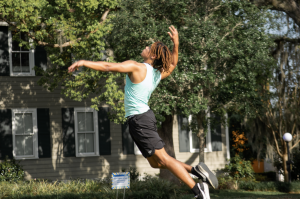




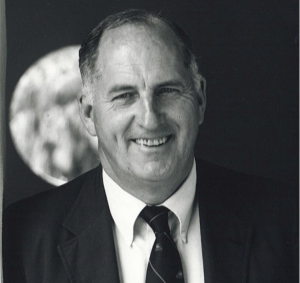
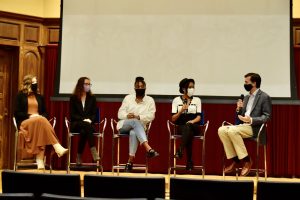
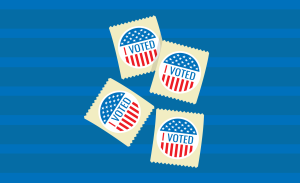
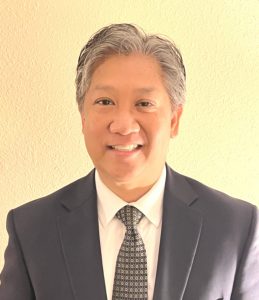





Be First to Comment